
We’re excited to announce our upcoming webinar in collaboration with Cloudways, focused on the powerful Malware Scanner. This session will delve into advanced website security measures and the unique features that set Imunify360 apart from traditional plugin scanners.

Malicious redirects are one of the most dangerous attacks a website can face. They undermine the integrity of legitimate sites, not only damaging their functionality but, more importantly, eroding user trust. In these attacks, users are unknowingly redirected to third-party malicious websites, which are designed to steal sensitive data, spread malware, or engage in phishing activities.

Dear Valued Customers,
We want to inform you about a critical security issue affecting the widely-used Polyfill JavaScript library and to update you on the measures Imunify360 has taken to protect you.

In today's digital landscape, monetizing websites through ads has become a standard practice, but it comes with security trade-offs.
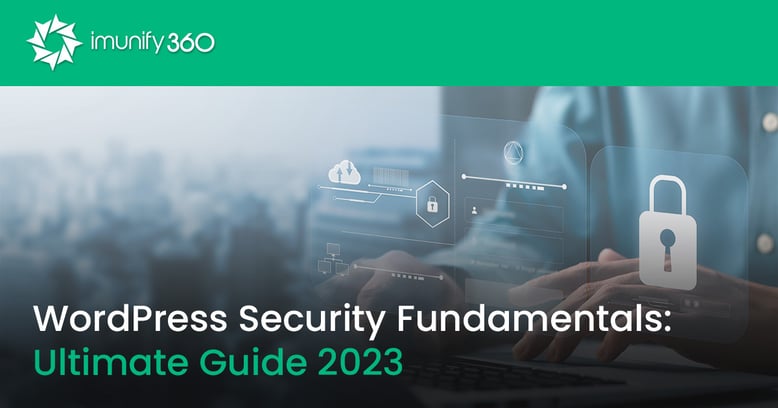
The WordPress content management system or (CMS) is one of the most popular web applications on the market. It’s estimated that WordPress powers almost 43% of the internet, up from 30% just a few years ago. The foundation for the content management system’s success is its convenience, simple installation, and vast theme and plugin community. WordPress can be used by someone who has very little knowledge of the ways a web application functions, but it comes at the expense of security. The article covers the following topics:
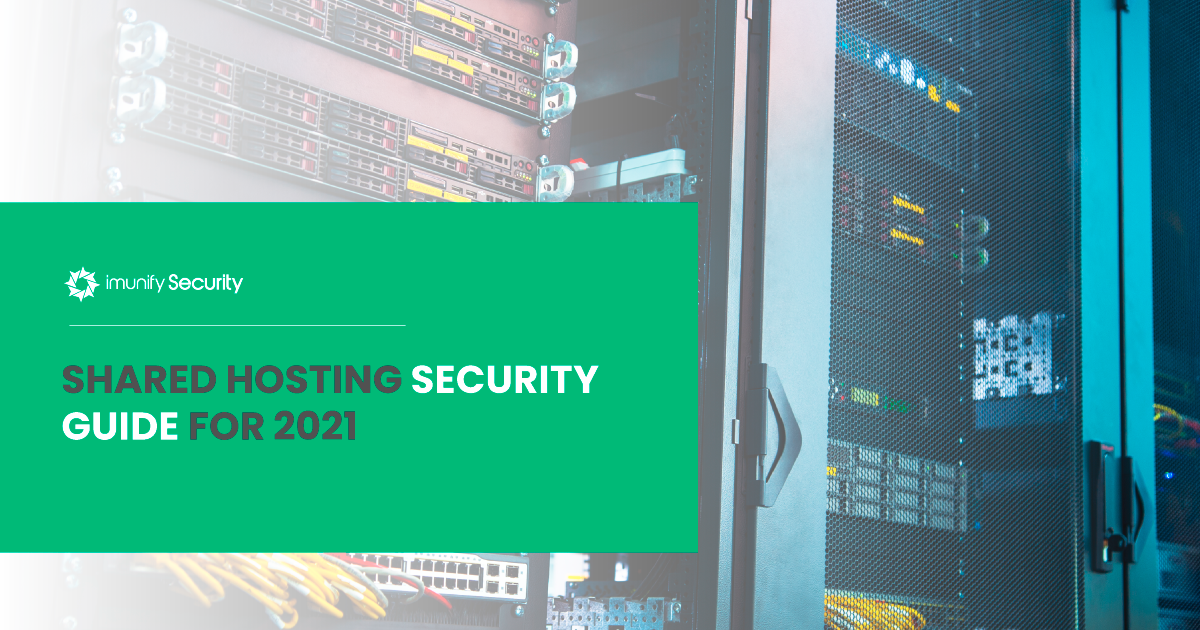 Shared hosting is beneficial for small hobby sites and personal blogs, but businesses might find that shared hosting limits growth. To start out, however, many site owners begin with shared hosting until their business grows and makes enough to justify paying for virtual private servers or dedicated hosting. For web hosting providers, it’s critical that servers run at optimal speeds and don’t harbor any malware. Security can be complex when hundreds of site owners with little knowledge of performance tuning and cybersecurity install applications on the shared server. With the right tools, site owners and administrators can keep their servers running at peak performance and keep them secure from common exploits. Keep on reading to find the answers to the following questions:
Shared hosting is beneficial for small hobby sites and personal blogs, but businesses might find that shared hosting limits growth. To start out, however, many site owners begin with shared hosting until their business grows and makes enough to justify paying for virtual private servers or dedicated hosting. For web hosting providers, it’s critical that servers run at optimal speeds and don’t harbor any malware. Security can be complex when hundreds of site owners with little knowledge of performance tuning and cybersecurity install applications on the shared server. With the right tools, site owners and administrators can keep their servers running at peak performance and keep them secure from common exploits. Keep on reading to find the answers to the following questions:
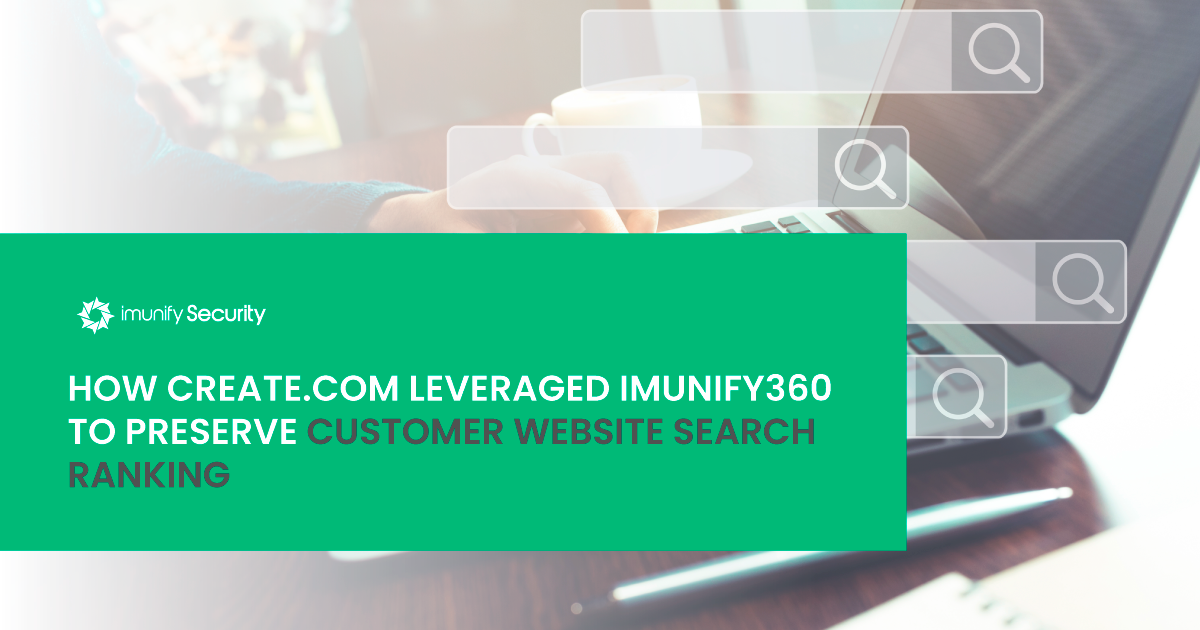
Ranking in search engine results is a valuable marketing tool for organizations, and losing this ranking can directly affect revenue. Search engines do what is best for their users, and one of those strategies is to remove hacked sites and those hosting malware. Google has its own scanner that detects hacked sites, but many site owners are unaware they’ve been hacked until they realize that they no longer receive search engine traffic to their sites. To help site owners fight threat actors and protect sites, shared hoster Create.com uses Imunify360 to detect, stop, and clean malicious content.
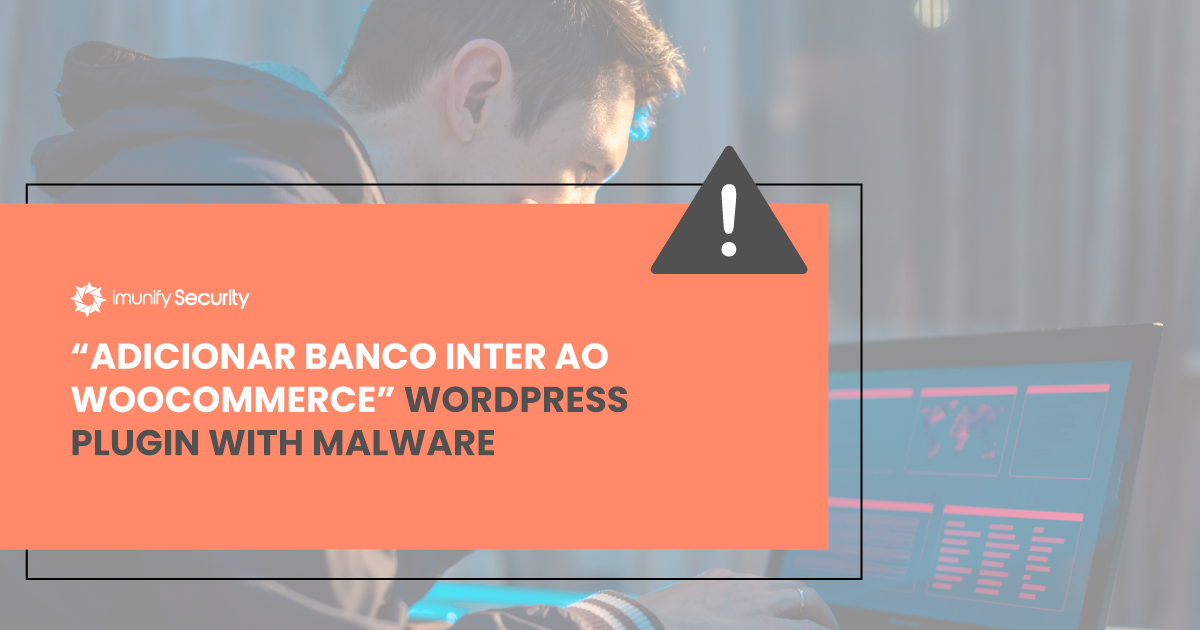
As part of Imunify360’s proactive malware research activities, we recently identified that a plugin named Adicionar Banco Inter ao WooCommerce from WordPress repository, which can be used to identify malware in web servers, indeed had active malware inside one of the plugin’s source files.
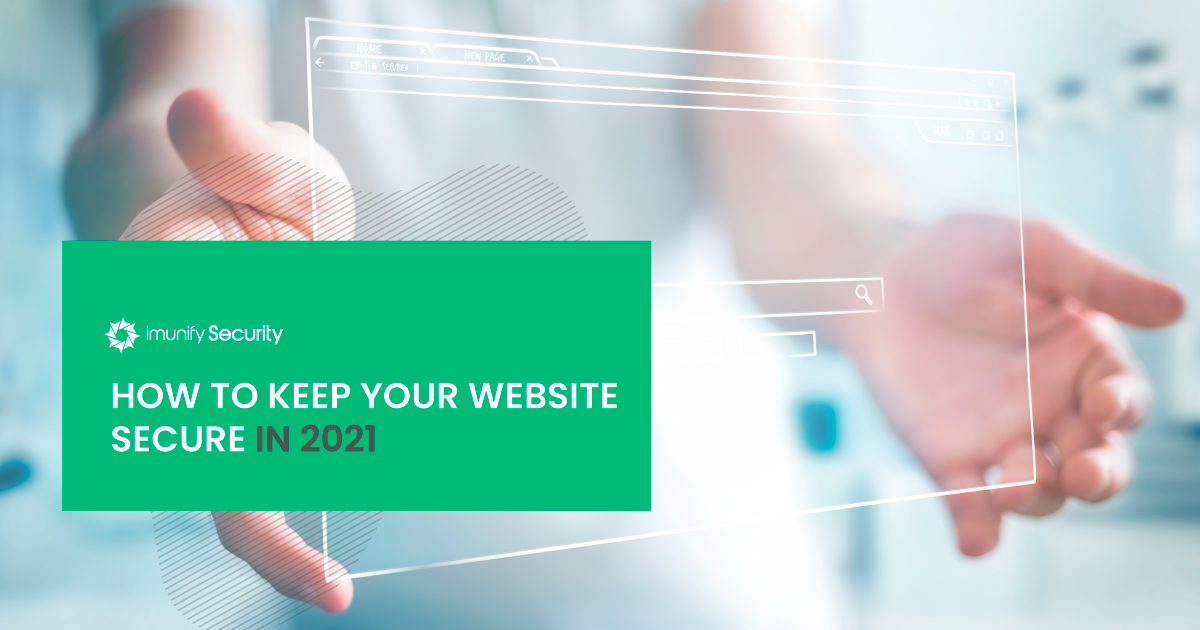
During the pandemic lockdowns, many businesses went from office work to an at-home workforce. Studies show that a huge uptick in cyber-attacks started in 2020 after pandemic lockdowns, which means that more attackers were scanning and searching for exploits on web servers. A web server with poor security controls, outdated software, misconfigurations, and overall lack of administration could be subject to numerous cyber-attacks and exploits.
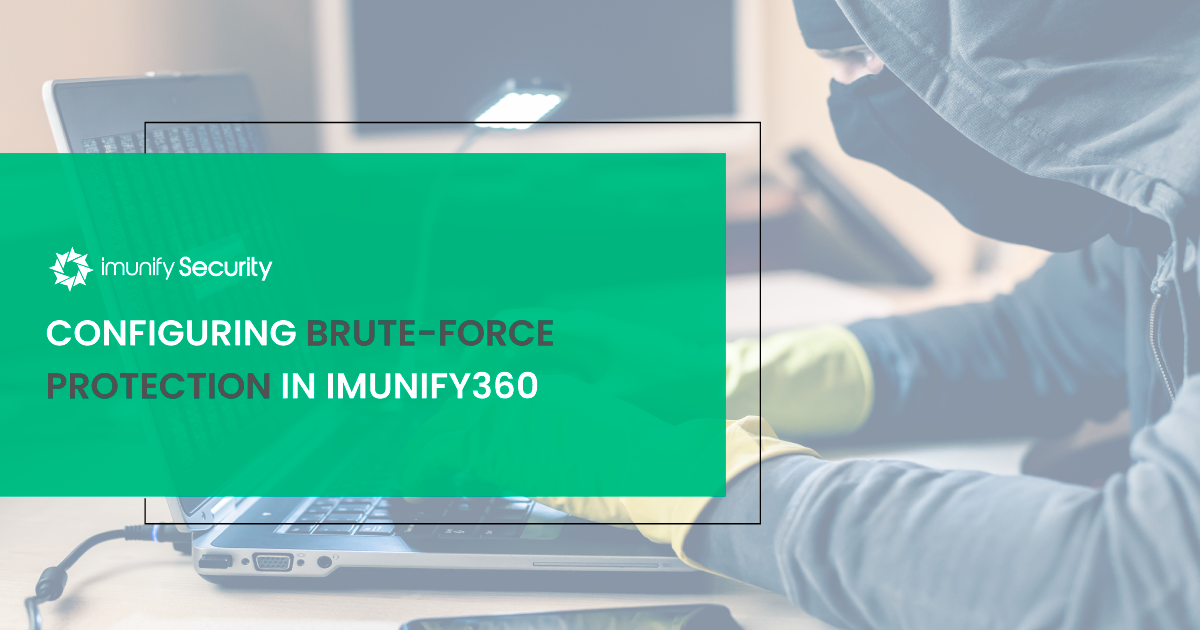
Brute-force attacks are the most widely used cyber-attacks in the cyber-sphere. And dependent on the target, the protection method is unique to the attack. There are two main types of brute-force attacks:
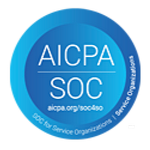
.png?width=115&height=115&name=pci-dss%20(1).png)
